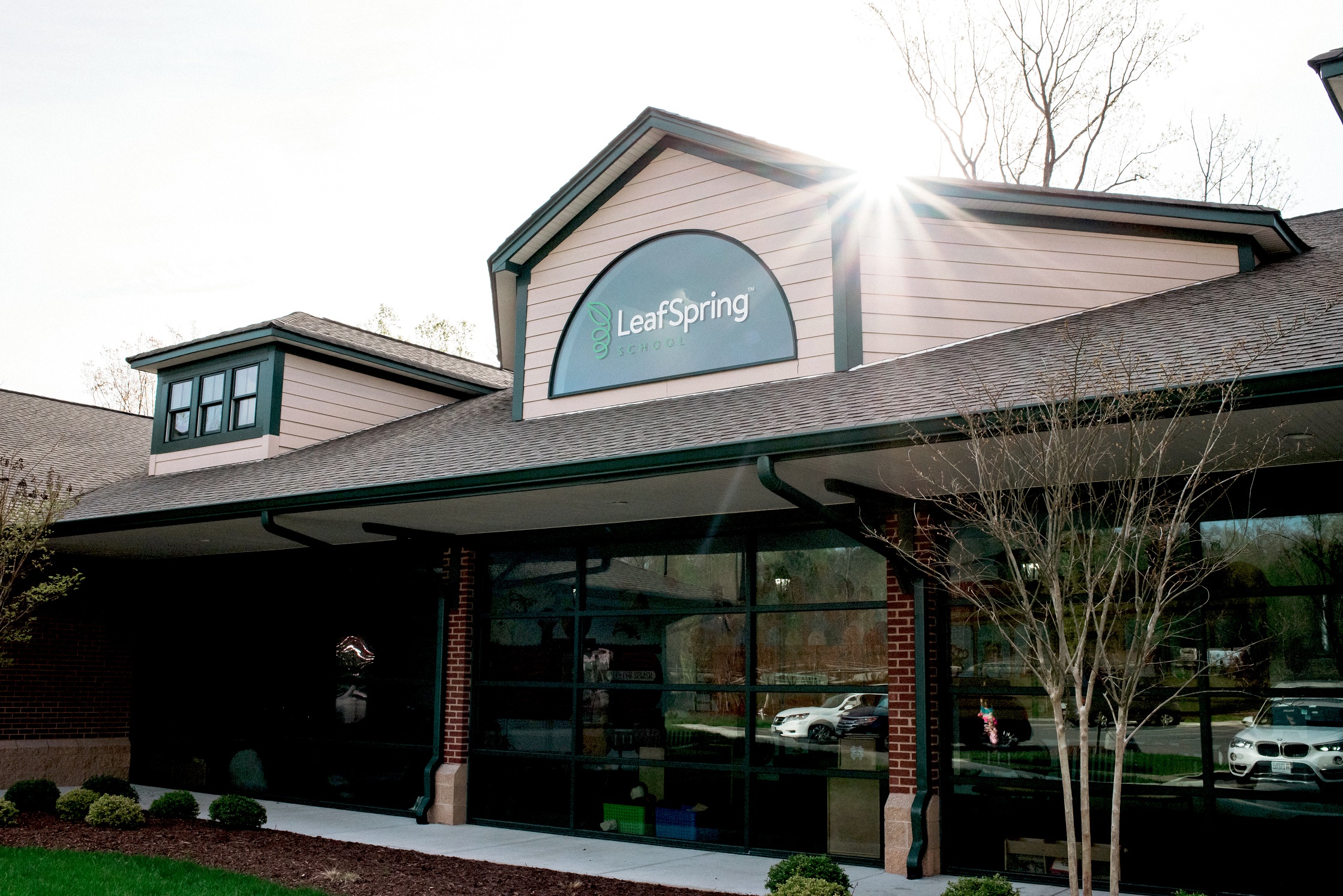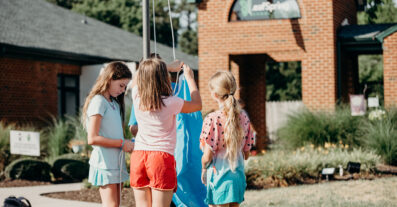7 Festive Ways to Keep Learning Fun During the Holidays
Read ArticleOctober 1, 2021
Upgrade Your Praise
by: Nurse Kandy
We all know that it is important to praise and compliment our children to help them develop positive self-esteem and self-confidence. A compliment can be more effective in helping a child feel good about themselves if it is focused upon the child. If a child is wearing a glittery princess dress, you could comment that you like the dress. Perhaps a more meaningful compliment could be “You look sparkly,” encouraging the child to feel good about themself, rather than pleasing you with a dress that you like. If a child is bringing a firetruck or dump truck for Show and Share, someone might say to the child, “That truck is awesome.” You could also reframe the message to be, “You are a hero” or “You are a hard worker.” With a pair of new shoes, your message could be, “You look cool in those shoes” instead of “Those shoes are cool.” This becomes a compliment of the child rather than of an external object.
Praise is often given for desirable behaviors. However, when our message is too generalized, it misses the goal of encouraging the continuation of the desirable behavior and promoting self-confidence. “Good Job!” and “That’s Awesome” are often overused, becoming generic or ambiguous. When a child does a ‘good job,’ try to identify and be specific about what behavior or effort was good. When they clean up their toys, the praise could be that they did the task without having to be asked multiple times or they cleaned up thoroughly, or even that a group of children all worked well together to get the job done. They may not have won the soccer game, but you can still praise them for working hard and not giving up. For their artwork or building project, instead of”that’s great,” your praise can be about the child’s effort such as “That picture shows that you love your dog” or “That tower took a lot of concentration to build.”
Sometimes a child’s efforts may have missed the mark or is not really a good job. They may have ‘washed their hands’ but got water all over their shirt and the floor. You can still praise ‘their effort’ by saying, “You remembered to wash your hands after the potty” or “You tried really hard to do a good job of washing your hands.” By praising specific behaviors, they can learn what they did well and are more likely to repeat it. It also demonstrates to the child that you are paying attention to them personally and shows that you care about them individually.
One of the most meaningful compliments that I have ever received was from a person that was visually impaired. They said, “I can tell by your footsteps that you look nice.” The compliment was not actually about my appearance, but about my confidence in my appearance. That is the ultimate goal of our praise toward our children, to help them develop confidence and self-esteem.




